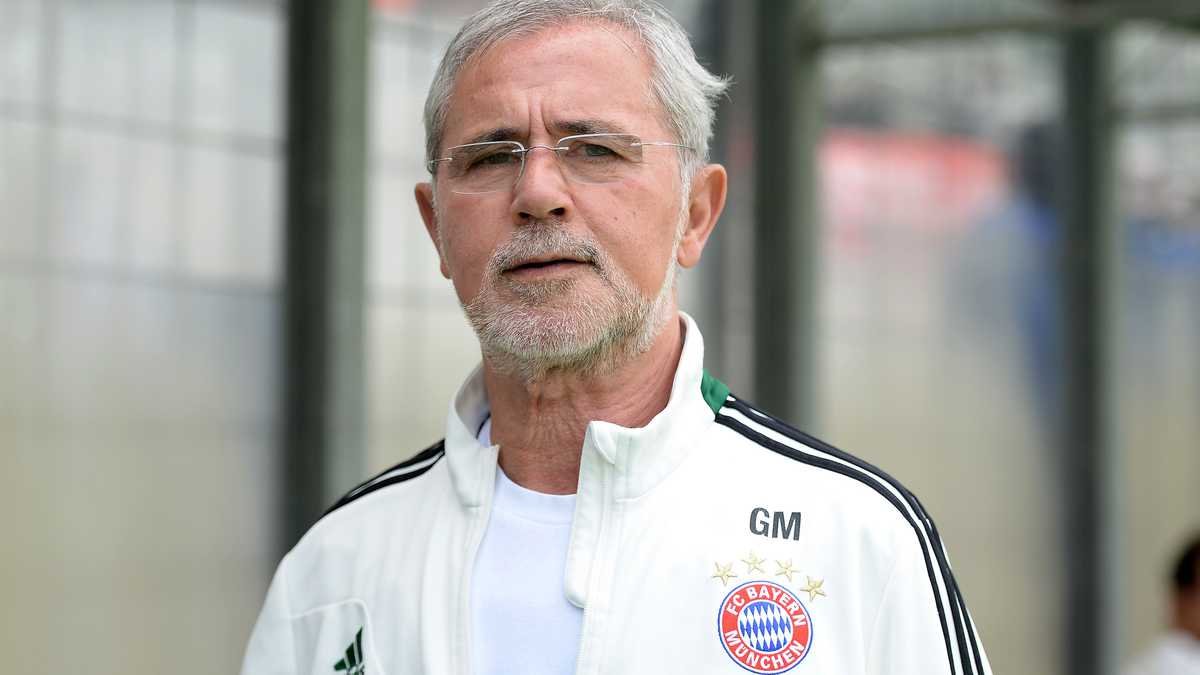In the year 2000 European basketball saw a schism within its club system when some of its best teams separated from the FIBA EuroLeague to create their own EuroLeague, where some few teams have special privileges allowing them immediate qualification to the tournament.
Since then FIBA has created its own Basketball Champions League but the main European league remains the one with the best teams, namely the EuroLeague. That league also allows for teams from other countries to qualify based on merit.
The announcement of The Super League in Association Football has been announced under a similar model: teams will own the league and its broadcasting rights, and 12-15 large teams will be automatically qualified, opening the doors for other few teams to qualify based on sporting merit. As in basketball, if they want to do it they can do it. Legally and financially they are able to do so.
Florentino Pérez, Real Madrid and The Super League President, has expressed how he is uncomfortable with middle-table and smaller teams being able to post a profit out of television deals while they draw smaller audiences while some of the larger teams are posting losses. Fair.
But if that is his legitimate sentiment then it cannot also hold true that these individuals representing the teams are making this move “out of solidarity” with the other teams as well. This move means baking a larger pie and eating almost all of it. It is not inherently wrong but to sell a “solidarity” tale does not hold.
At best a Super League could indeed bring more profits to the founding teams and more constant high-level games but counter-intuitively this is anti-quality. It is part of human nature that the more available a good is then the less exciting and less attractive it becomes. It is called the “scarcity principle”.
A match between teams of the highest caliber is special because it is special (different from the usual). If those matches were to happen every week then they would be the “business as usual” of the weekdays. Part of the routine, not part of a journey.
The magic in football is does not just lay within the aesthetics of the high level play. It also lay within the narratives of the smaller teams beating the larger teams, of being the Champion because everyone had access to play and you were the best of them all.
Football is the world’s most popular game not because it is an inherently better sport but because people from around the world are able to play it easily and have the illusion or aspiration of one day being able to be the best of the best, the Champion among Champions. And that their teams are able to access this as well.
European club football will reduce in quality. Do not get this wrong: the argument is that the Super League will increase quality because you will “get rid of irrelevant matches” but quality is about distinctiveness and excellence.
The distinctive “big games” will now be a routine. In terms of excellence -which is achieved when you perform at the highest possible level against your competition- divided football with two European tournaments would mean that none of the two would be the legitimate Champion. Less opposition reduces sporting excellence.
Domestic leagues will go on, and eventually international football cannot afford to lose the stars from these teams from the top competitions such as the World Cup. This league will probably go on and those who started it will probably be able to claim that this move will benefit them financially. But they cannot claim that they will have increased football’s quality.
This tournament in principle literally eliminates the possibility of a real “Champion of Champions” unless there is a runoff match at the end.
European football might take decades to be unified again if this league takes off, when other paladins will rise to say “football is broke and we need to fix it; starting it by just having one Champion”, and we will be back to square zero, except that with a big power grab by a selected few teams. Some of which are not even among the 20 best in Europe.





